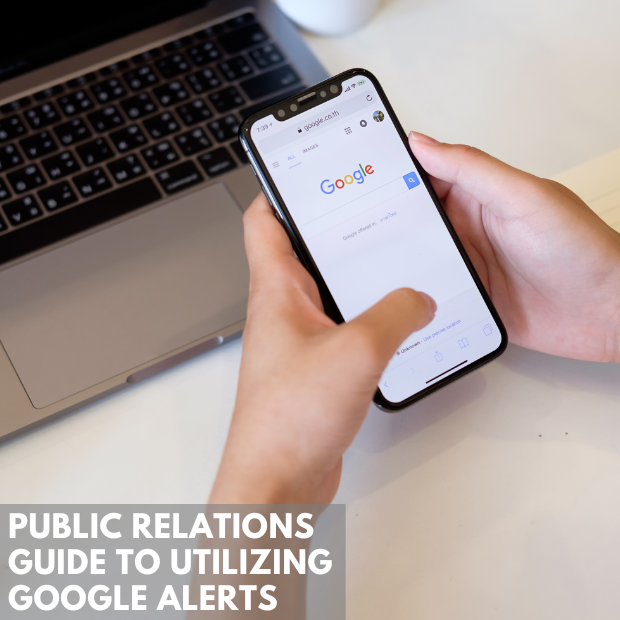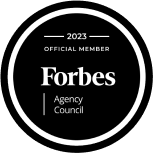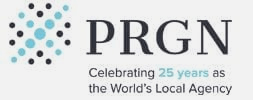
Essential Skills For Great Leaders And PR Professionals
Great leaders know their weaknesses and their strengths. They are humble, have credibility and are authentic. They also possess soft skills that encourage open communication, interaction within the organization and inspire teams to work together towards a shared goal.
Soft skills refer to personal attributes and interpersonal skills that allow someone to interact and work with others harmoniously. In simpler terms, they refer to a person’s emotional intelligence (EQ). These skills complement hard skills related to specific knowledge and codified abilities.
Some of these skills come naturally to leaders and PR professionals, while others are learned through formal training and years of experience. We outline the essential skills necessary to be an great leader.
5 Skills Great Leaders And PR Pros Need To Possess
Here are five skills that make great leaders and PR professionals.
Good Communication
One of the most significant roles of PR professionals and leaders is communication. You must be able to communicate well with your team, relevant stakeholders, and other external groups.
Also, you need to start compelling campaigns, engage with audiences, and create captivating content. All these roles require excellent communication to be successful.
Good communication skills enable you to craft clear, concise messages. Some must-have communication skills for PR professionals and leaders include:
- Writing: Despite the availability of artificially intelligent writing tools, you must be skilled in crafting compelling and unique stories for different media outlets. Your written material must be clear, concise, error-free, and persuasive. In addition, you must have a great mastery of various writing styles, including the inverted pyramid.
- Public speaking: Most PR professionals must present publicly, whether making a keynote speech or discussing an important campaign. Making compelling statements requires confidence and the use of attention-grabbing opening lines. You also need a clear thesis, a summary of the main points you want to make, and a clincher. That, combined with good eye contact and a varied pitch, makes for a successful speech.
- Non-verbal communication: Reading body language and facial expressions helps you understand how an audience or team member feels about important issues. You can use body language to demonstrate confidence, respect, and open-mindedness.
Decisiveness
Public relations professionals and leaders will sometimes need to face unforeseen scenarios such as brand scandals, staff conflicts, and sudden market changes. During such crises, one must think on their feet and make quick decisions that could alter the organization’s direction.
Quick decision-making in such instances helps in saving a brand’s reputation and reduces damage to stakeholders. These decisions must not rely on guesswork but on facts and a clear understanding of the situation.
Credibility and Authenticity
Reputation is everything in public relations. To maintain a good reputation, one needs to be upfront and stick to an organization’s core values. Being truthful about the organization’s vision, goals, or potential problems creates a strong bond between leaders and their teams. This helps foster collaboration and open communication – essential elements of successful businesses.
When telling brand stories, PR professionals must ensure they are authentic. Clients want to know that their PR pro will help them solve a problem and not just sell them a product. Authentic stories are crucial in developing trust.
Honesty is also vital to maintaining client relationships. PR professionals should always tell clients exactly what they can deliver – nothing more, nothing less. Overpromising things can result in disappointed clients.
Adaptability
Another essential skill for PR professionals is adaptability. With the ever-changing media and communication landscape, one must be prepared to respond promptly and competently to new challenges and trends.
Today, news hit the headlines faster than before. This means that if there’s a crisis, customers will learn about it quickly. Clickbait is also on the rise, so one needs to be able to recognize fake news and immediately react to it.
Creativity and adaptability are crucial here. These skills help PR professionals and leaders tackle the ever-changing media landscape and keep audiences engaged.
Most importantly, leaders and professionals should be flexible and open to change. This is especially true when setting goals – be ready to adjust them according to shifting trends and customer needs.
Research
Leaders and PR professionals work with all kinds of clients. To serve them effectively, they must understand each customer’s needs. Research skills help professionals to understand clients’ goals and challenges better. It helps PR professionals communicate authoritatively on brand and customer-related issues.
With the proper research, PR professionals can create a customized strategy that meets the customers’ desired outcomes, ensuring success. Research also keeps professionals on top of industry trends, allowing them to anticipate changes and react quickly.
Conclusion
Leadership and PR professionals need to be well-rounded individuals with various skills. Adaptability, creative problem-solving, and research are essential to leading an organization or completing PR tasks.
If you’re looking for PR professionals with the right skills in their arsenal, check out The Hoyt Organization. We are highly skilled professionals ready to help you reach a wider audience with targeted PR and strategic communication!








